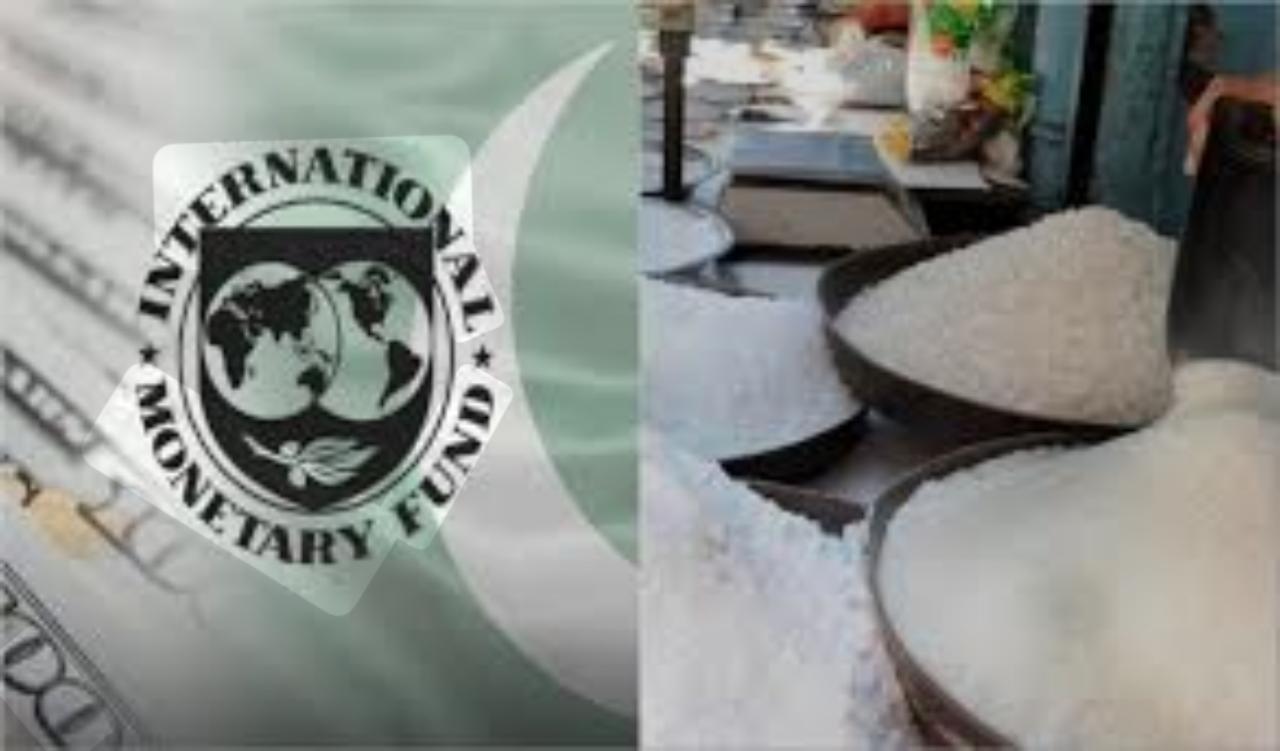IMF Pakistan sugar import tax exemptions
Pakistan’s recent decision to allow tax-free sugar imports has triggered criticism from the International Monetary Fund (IMF). This move may threaten the country’s ongoing $7 billion IMF loan programme, creating new complications for its fragile economic recovery.
According to insider sources, the IMF has formally expressed serious concerns about this policy shift. It believes the tax exemptions conflict with Pakistan’s commitments under the Extended Fund Facility (EFF). As a result, future loan disbursements may face delays, affecting macroeconomic stability.
Government Declares a “Food Emergency”
The federal government has defended its decision, calling it a response to a national food emergency. Officials approved the duty-free import of 500,000 metric tons of sugar to control prices, which have climbed above Rs200 per kilogram—a record high.
Despite this explanation, IMF representatives reportedly rejected the emergency argument. While the IMF’s local office hasn’t commented publicly, sources say it believes the move undermines fiscal discipline and could reverse hard-earned reforms.
A senior finance official stated,
“The Fund has communicated that tax waivers raise concerns about Pakistan’s commitment to its economic reform roadmap.”
Policy Reversal Under Review
In response to IMF pressure, the Pakistani government is now reconsidering the tax exemption policy. Current discussions focus on possibly withdrawing exemptions for private importers.
Analysts warn this reversal could trigger another spike in sugar prices. However, keeping the policy intact might jeopardize international financial support, including IMF funds and investment inflows.
At the same time, the Trading Corporation of Pakistan (TCP) has issued a tender to import 300,000 metric tons of sugar, with bids due by July 18.
Price Fixes and Market Tensions
To ease public pressure, the government and sugar mills recently agreed on a fixed ex-mill sugar price of Rs165 per kilogram. This step is aimed at calming the market, but experts say it may not work unless paired with IMF-aligned strategies.
Uncoordinated policies may further erode investor confidence and slow financial aid from other lenders.
Balancing IMF Commitments and Inflation Control
This situation highlights the tough choices facing Pakistan. On one hand, the government must control inflation and protect consumers. On the other, it must stick to IMF conditions to avoid delays in loan payments and maintain investor trust.
Any misstep now could threaten Pakistan’s economic recovery, already under pressure from inflation, currency depreciation, and high external debt.
Final Thoughts
Pakistan’s sugar import policy has placed it at odds with the IMF at a critical time. The government must decide whether to prioritize short-term price relief or long-term economic credibility. How it responds will shape the next phase of the Pakistan IMF loan programme and its overall recovery efforts.






